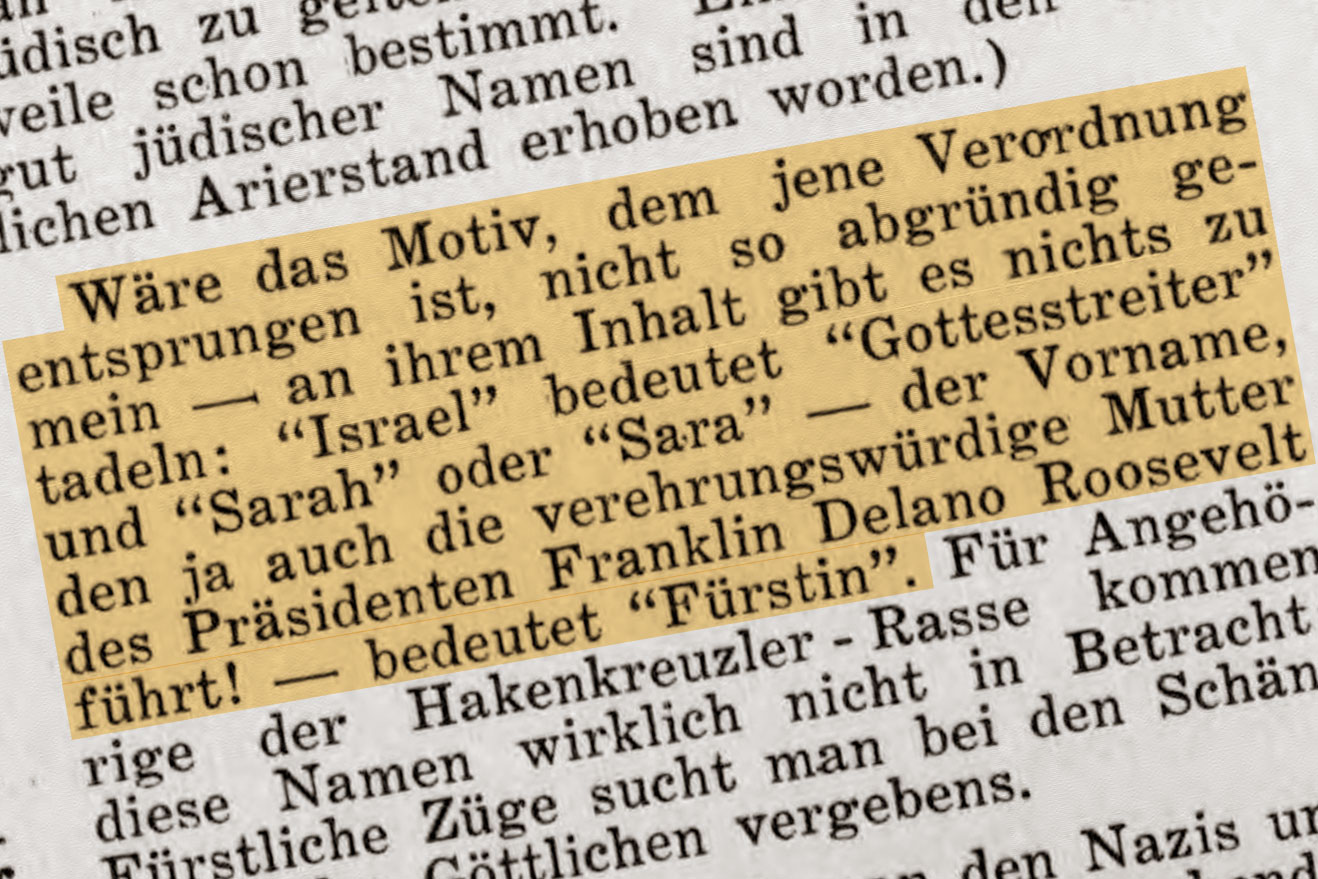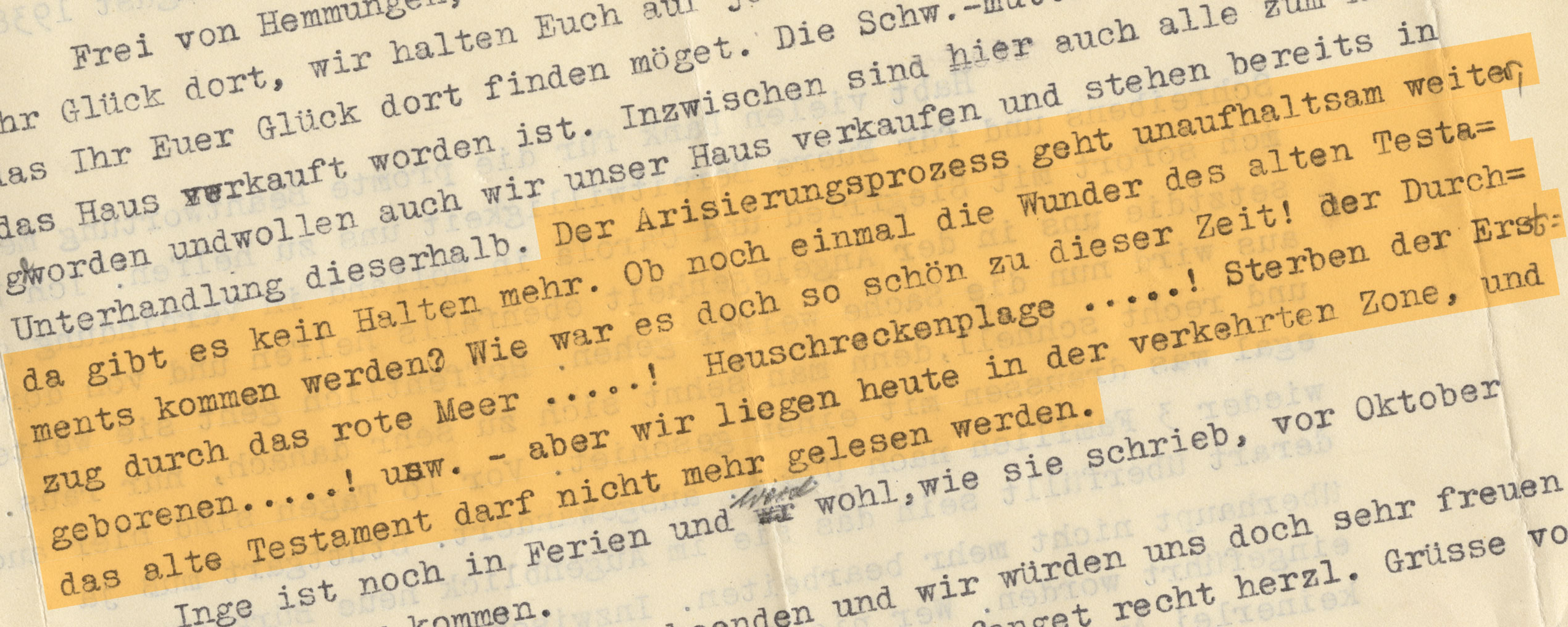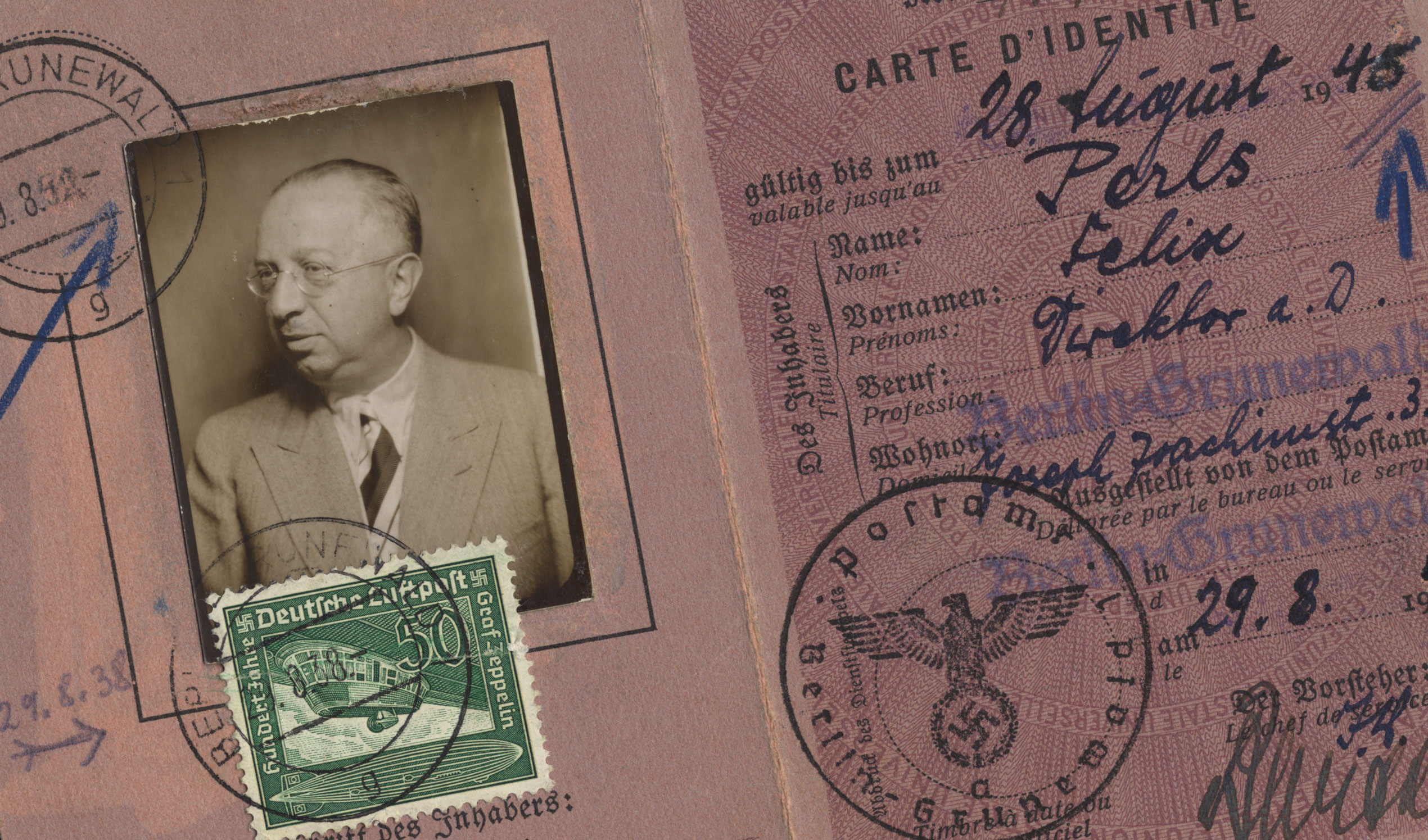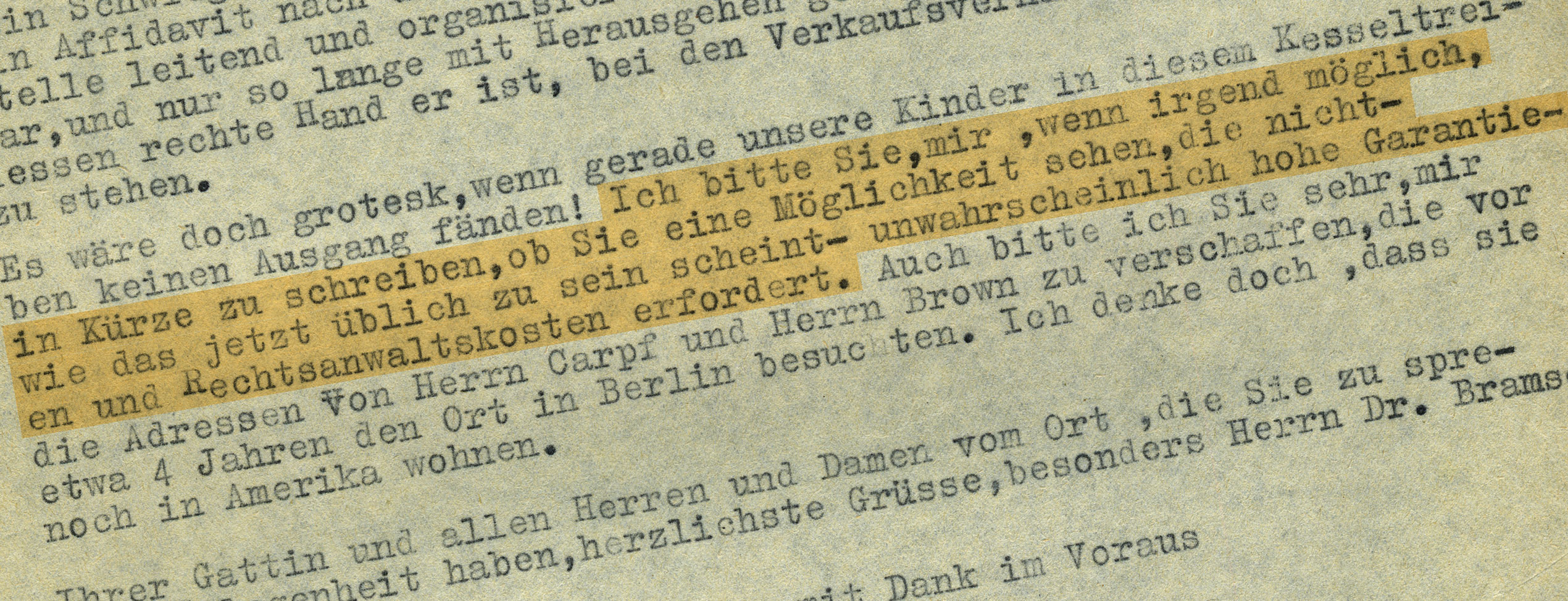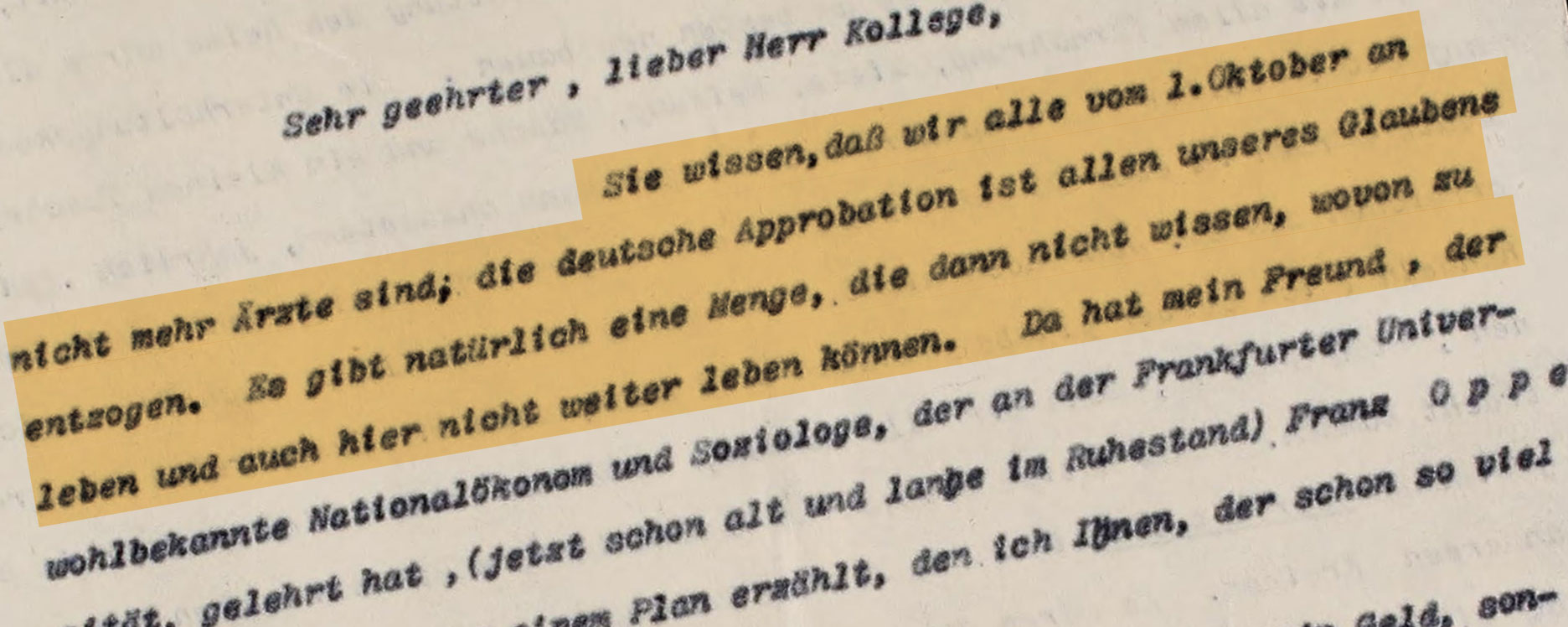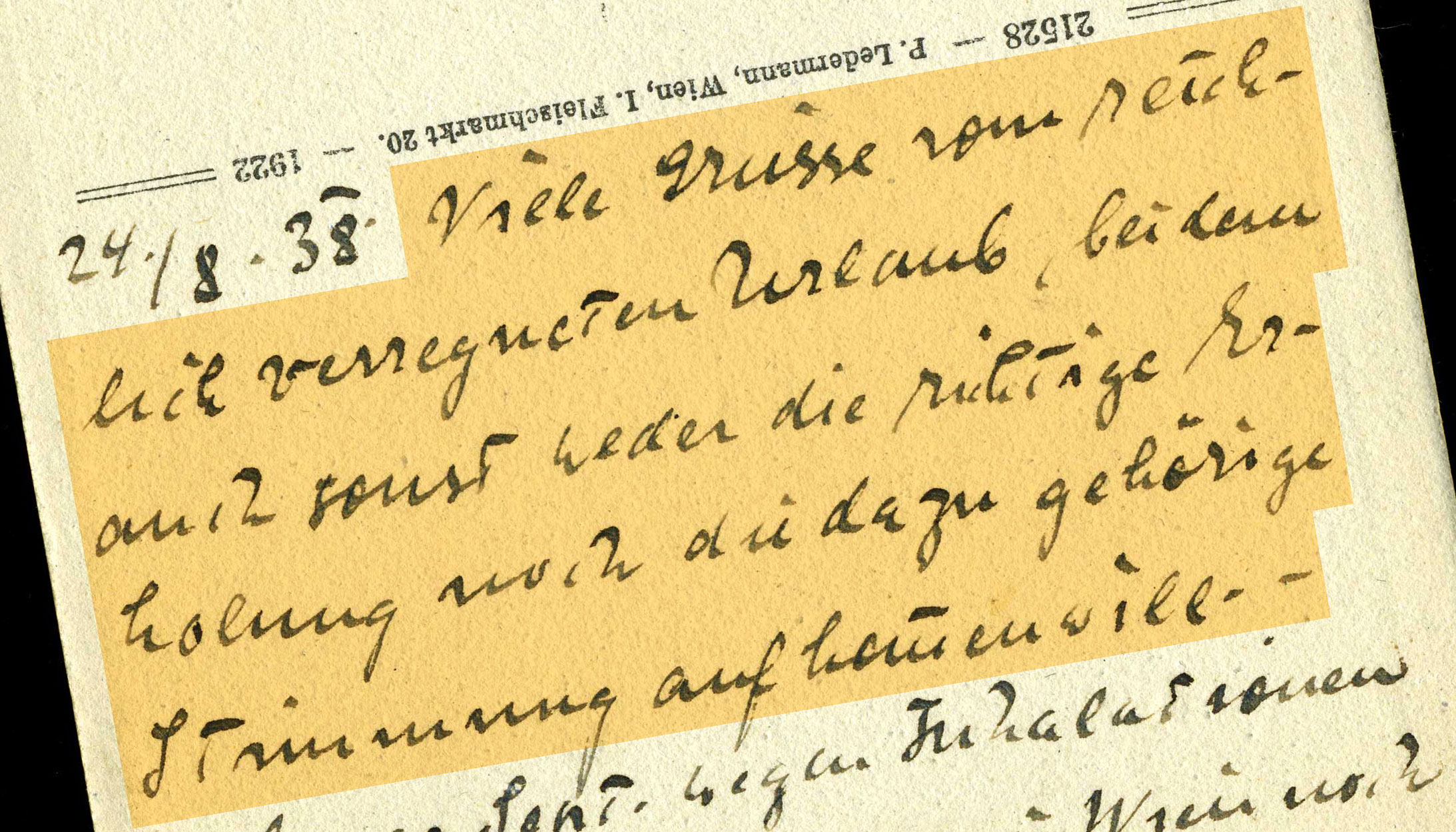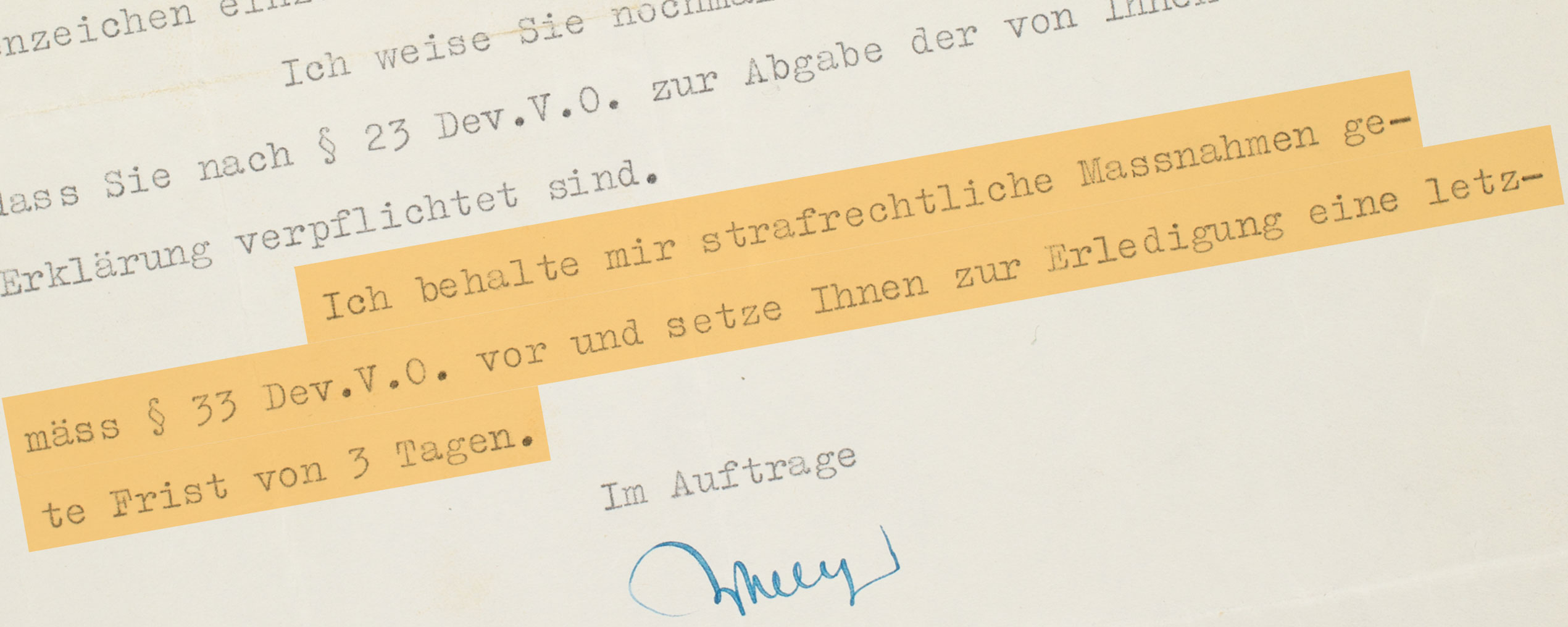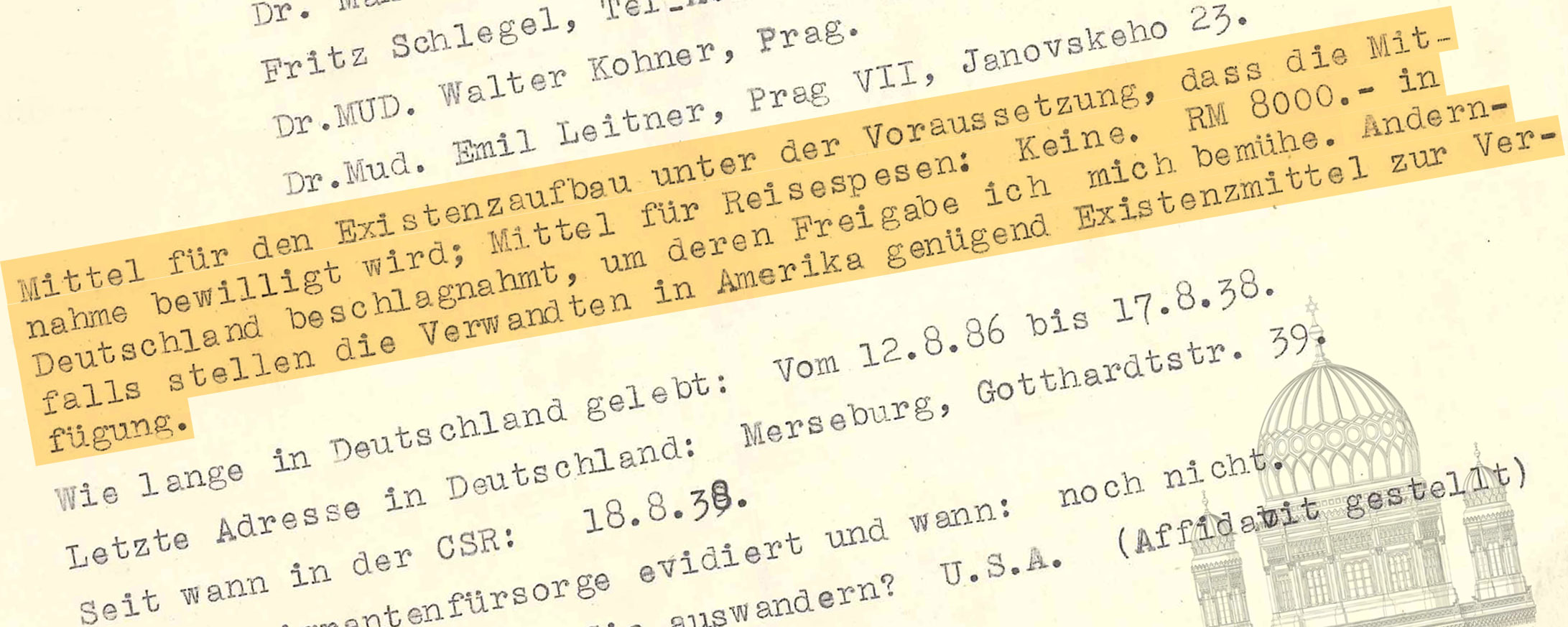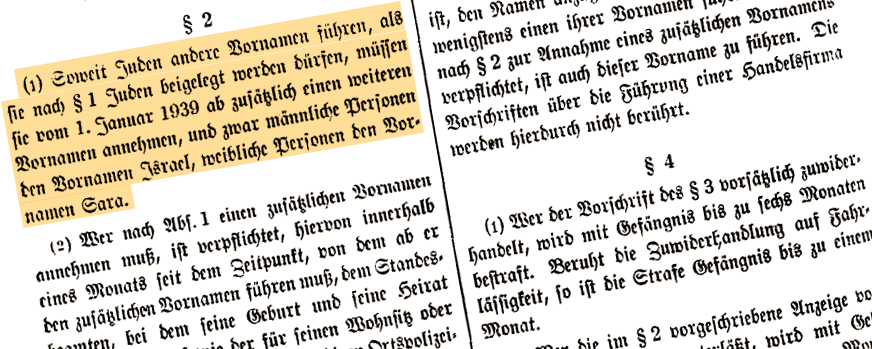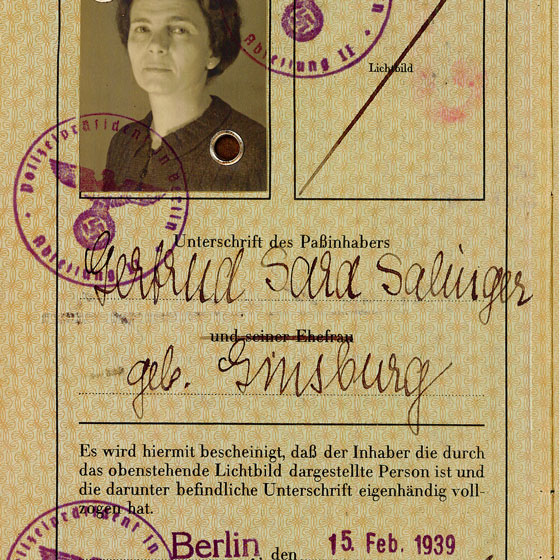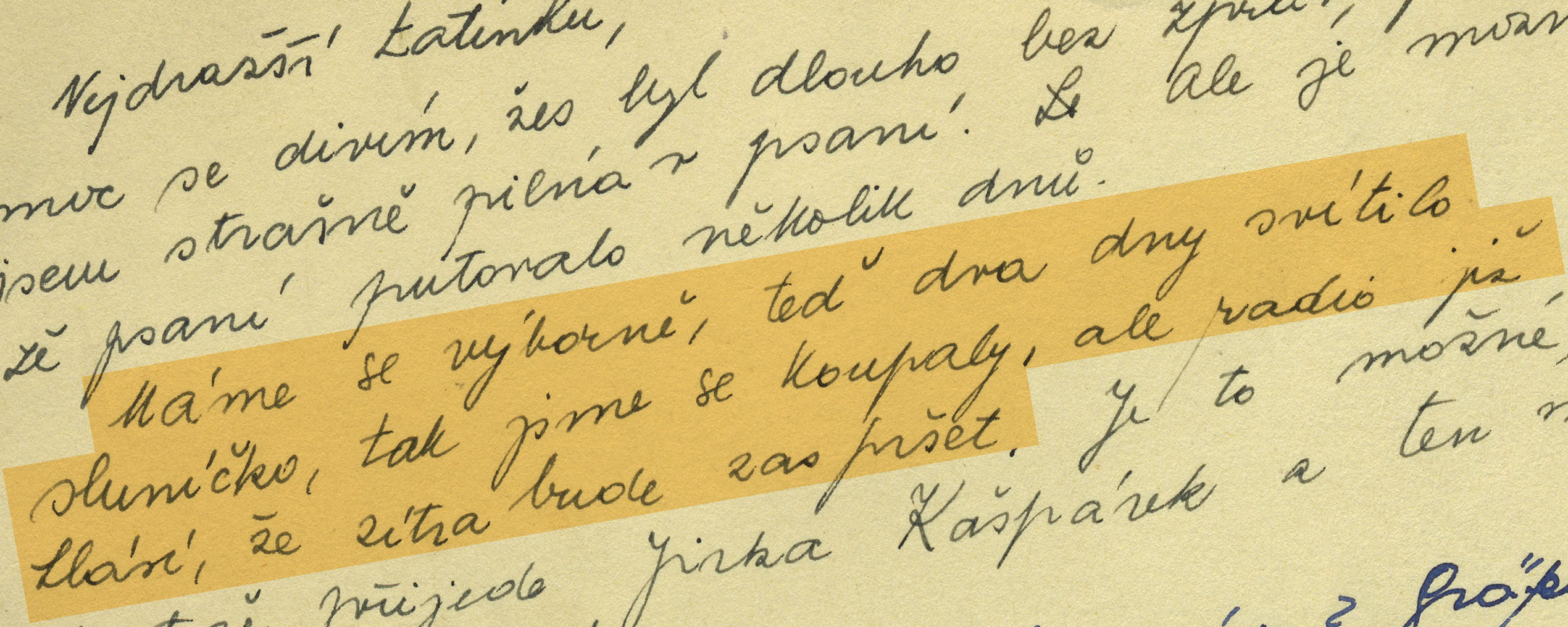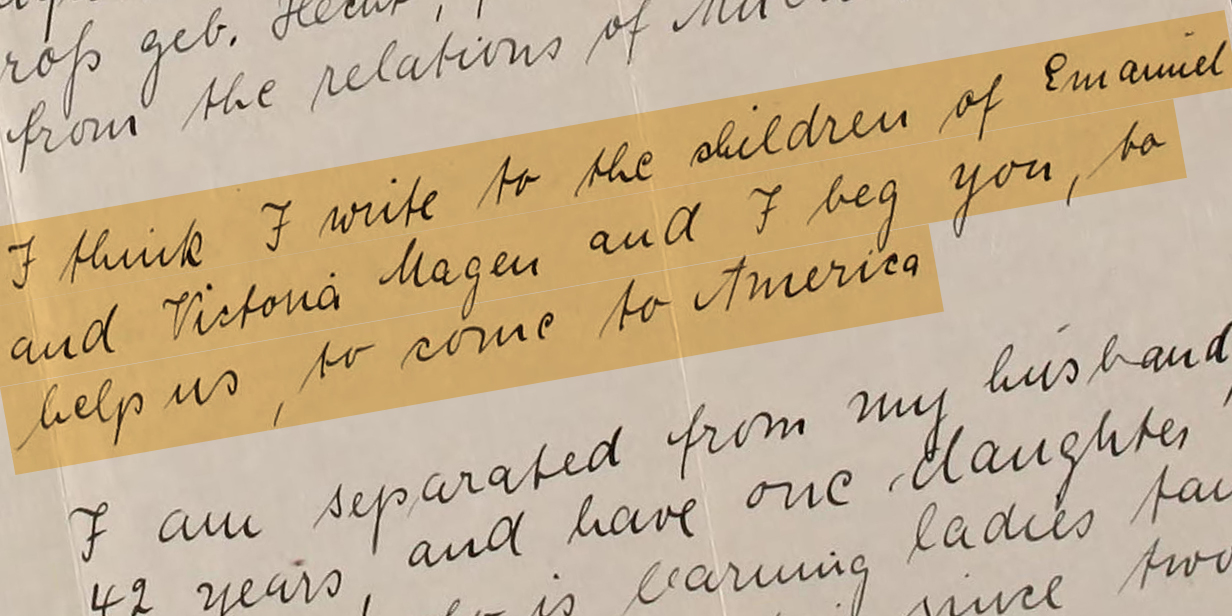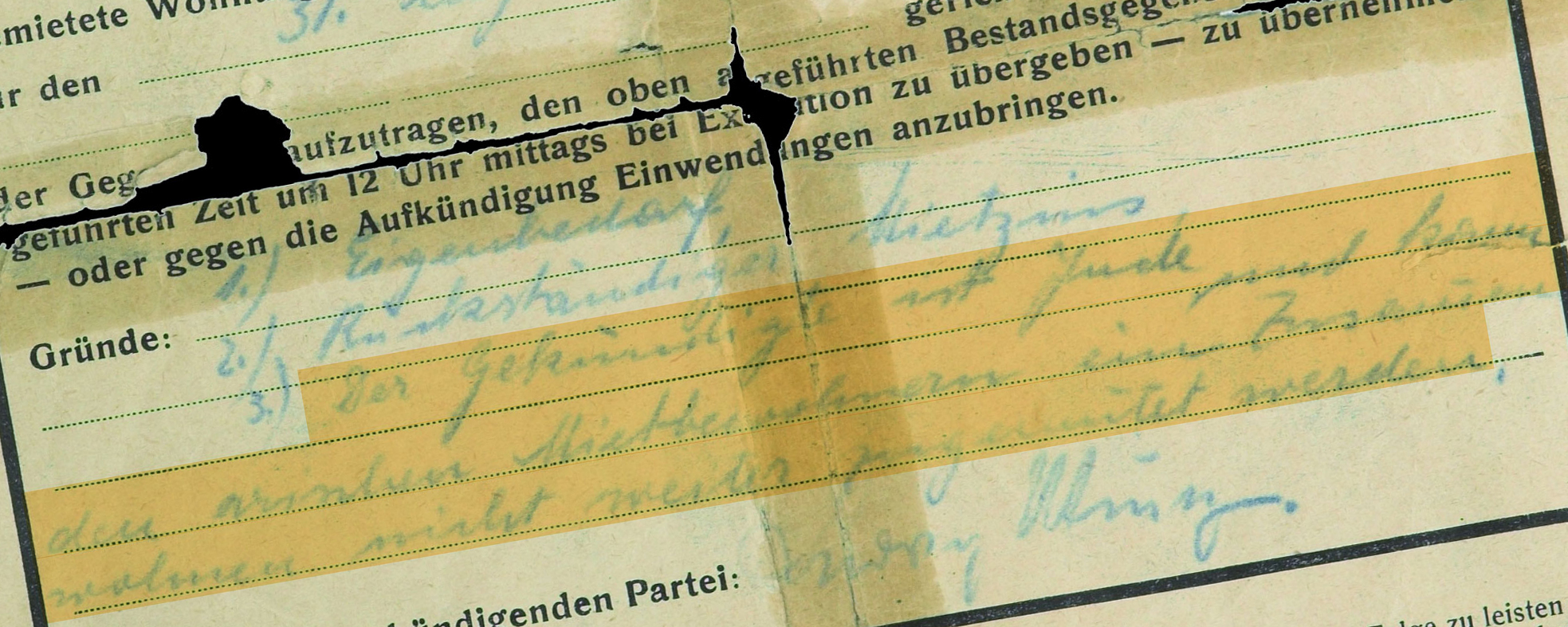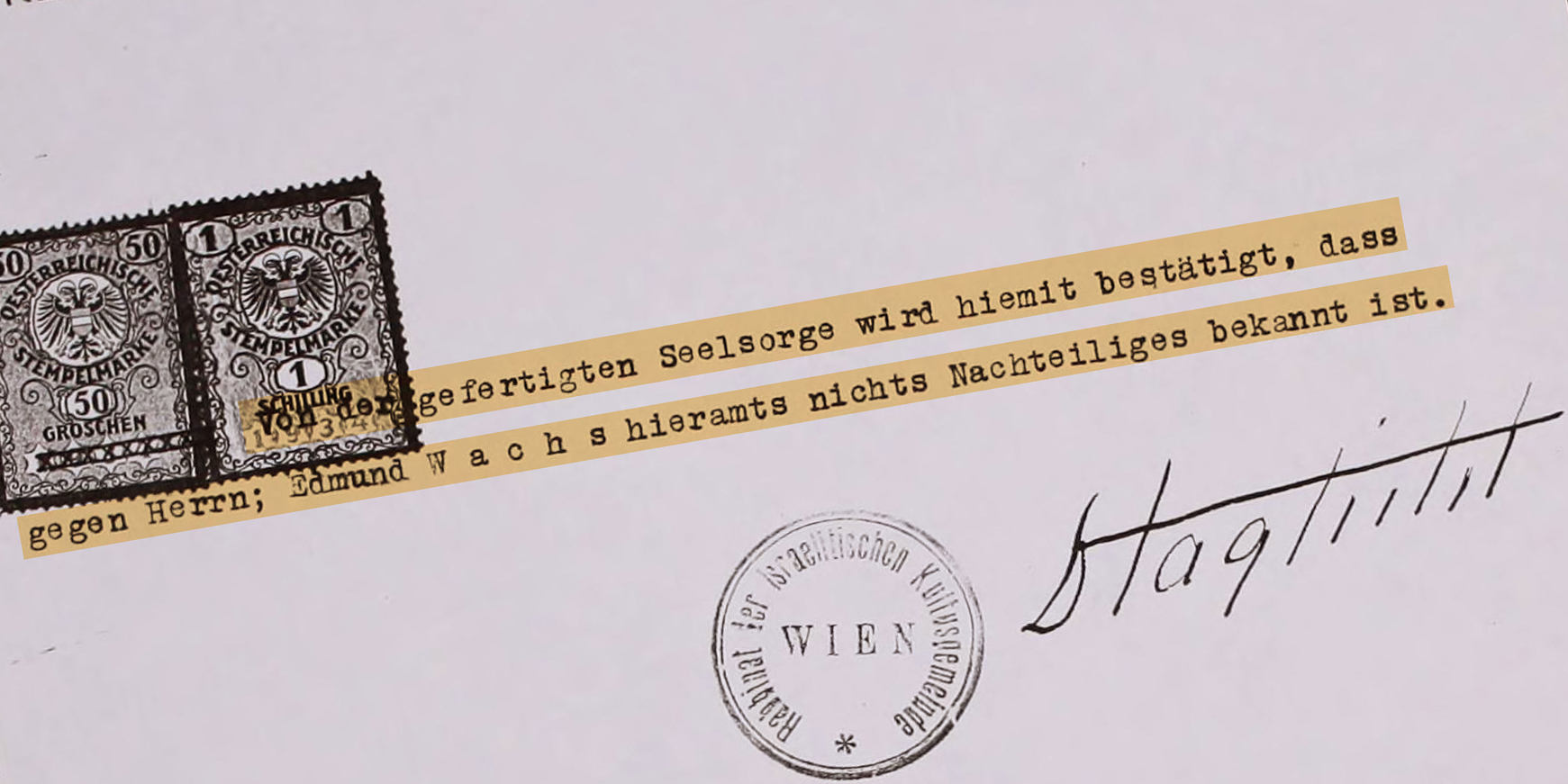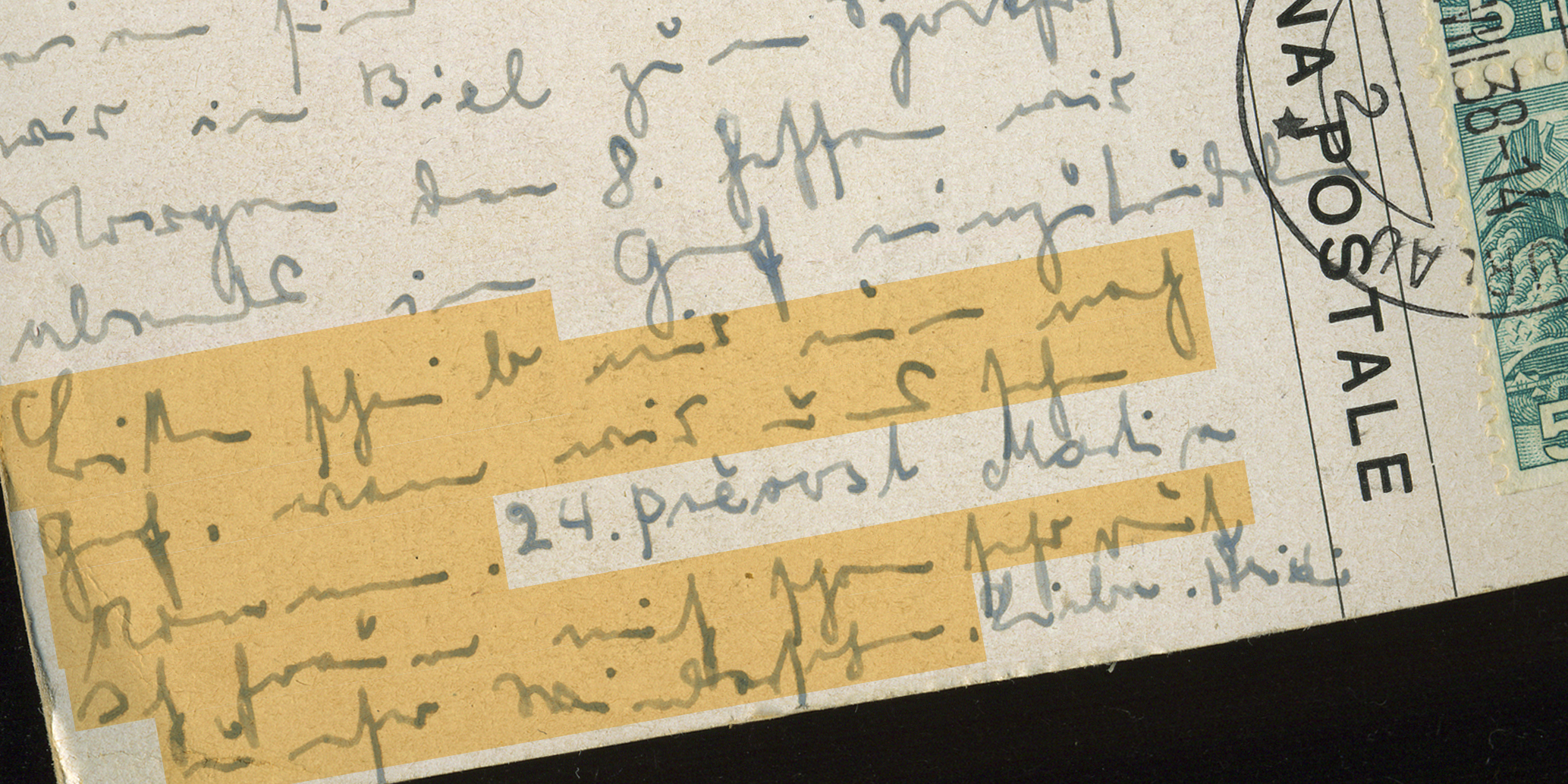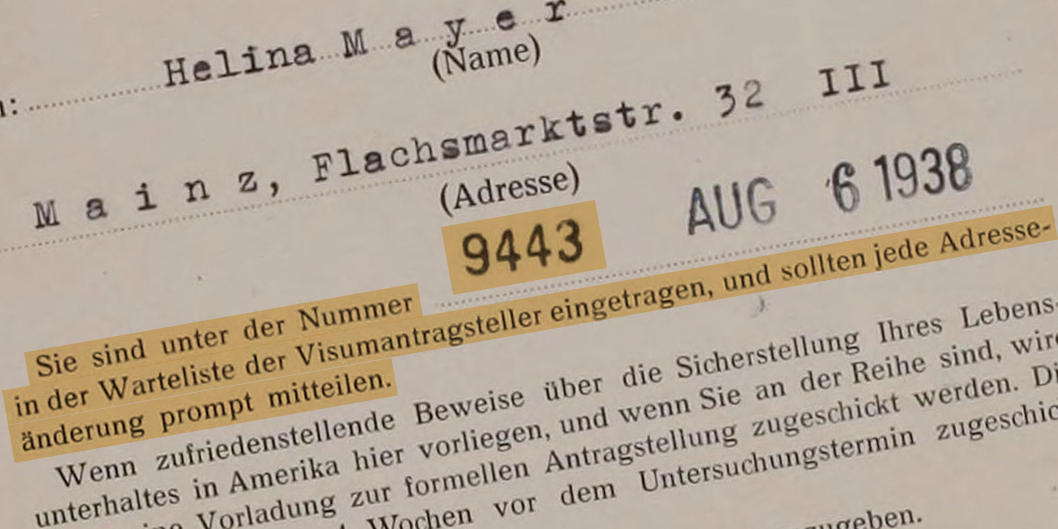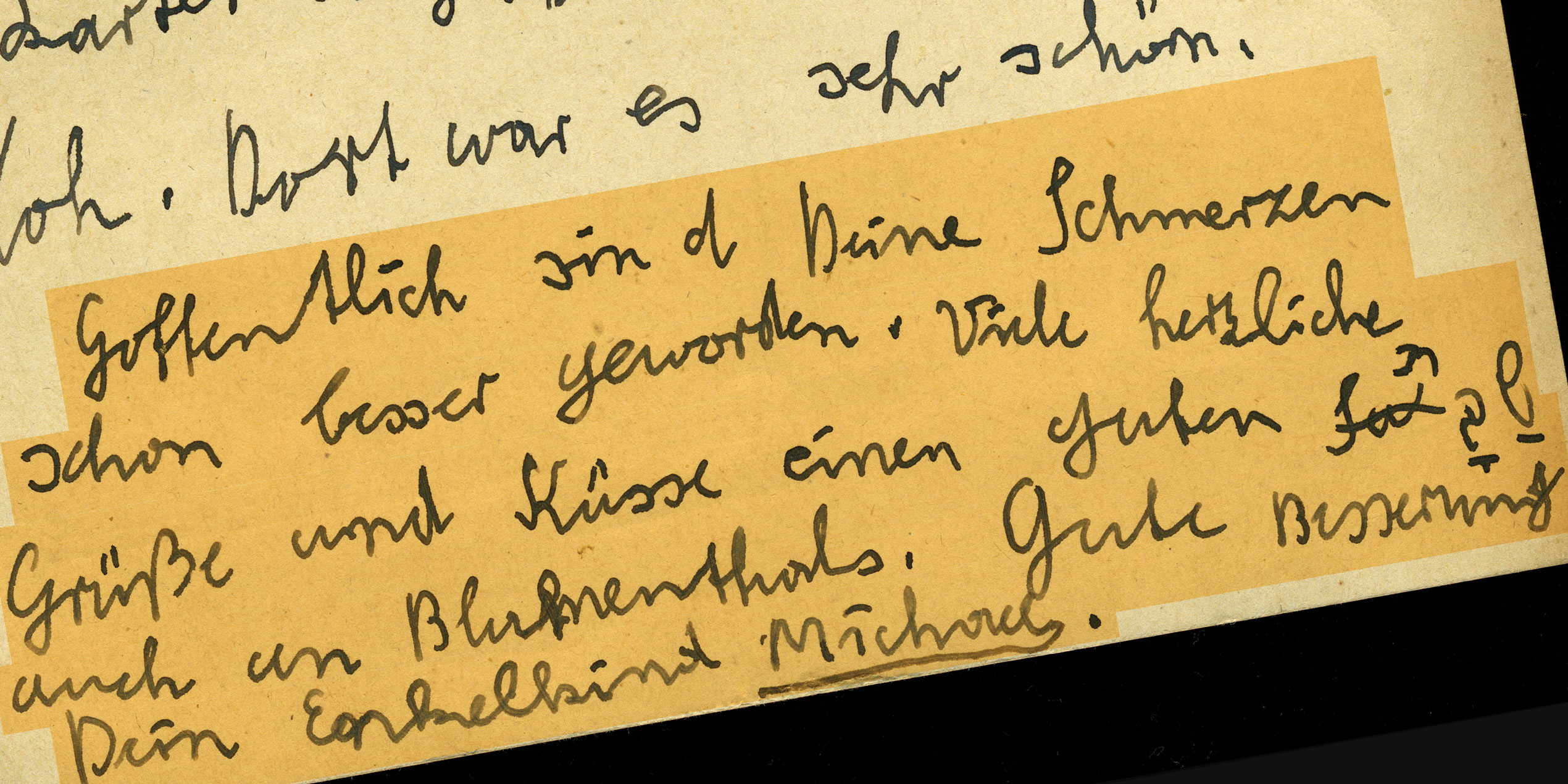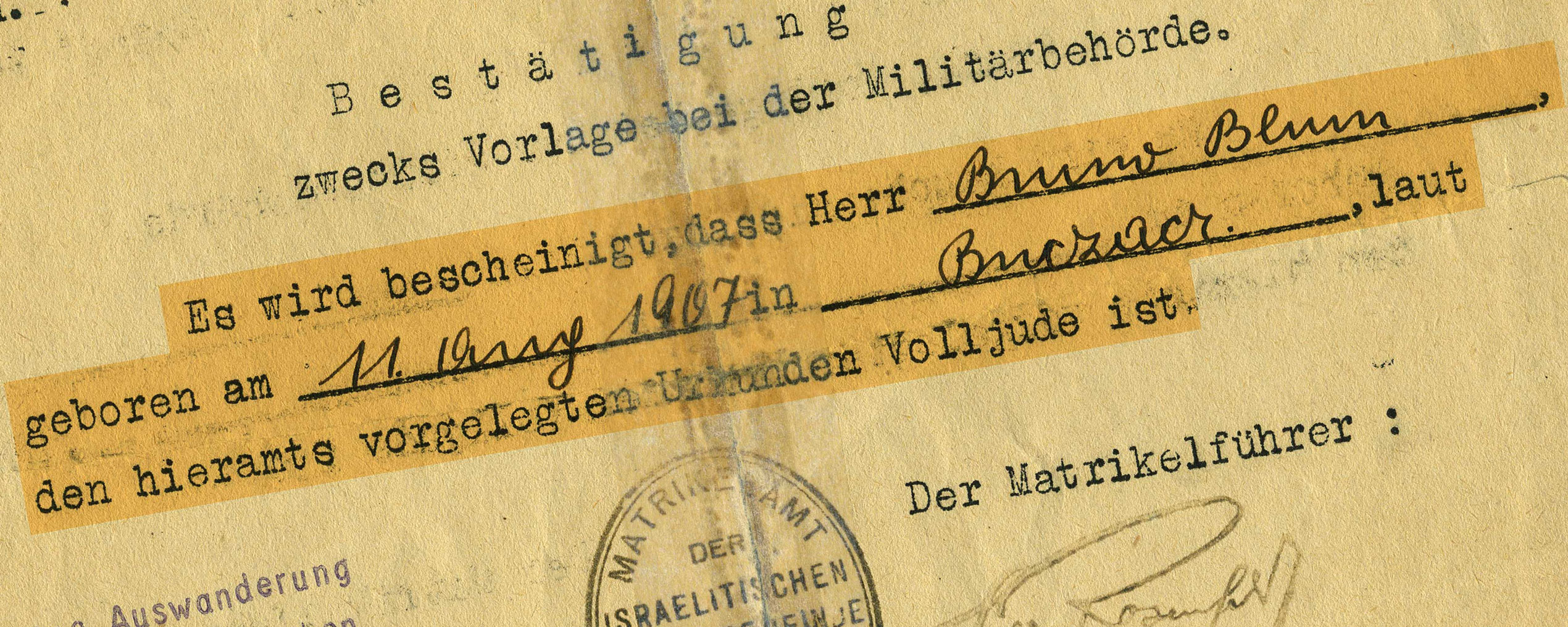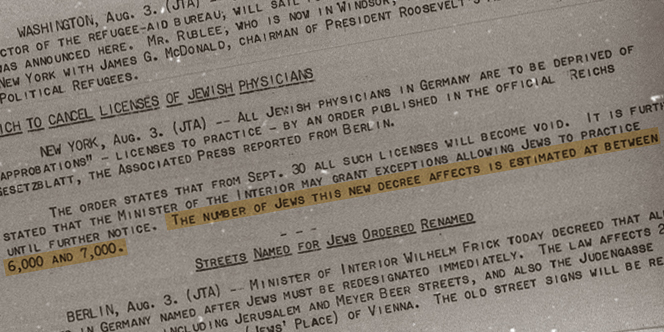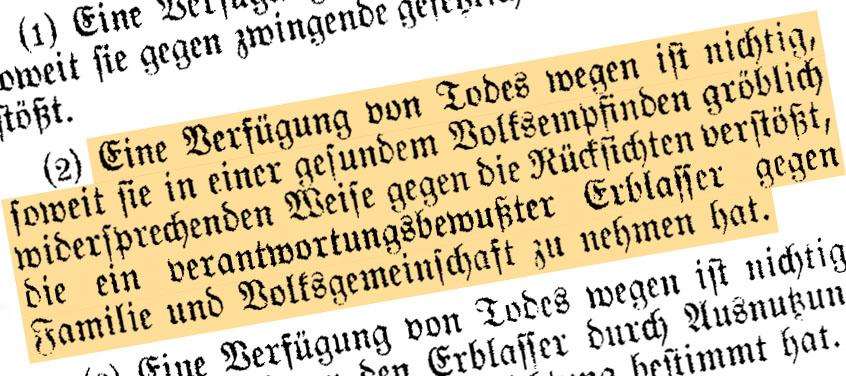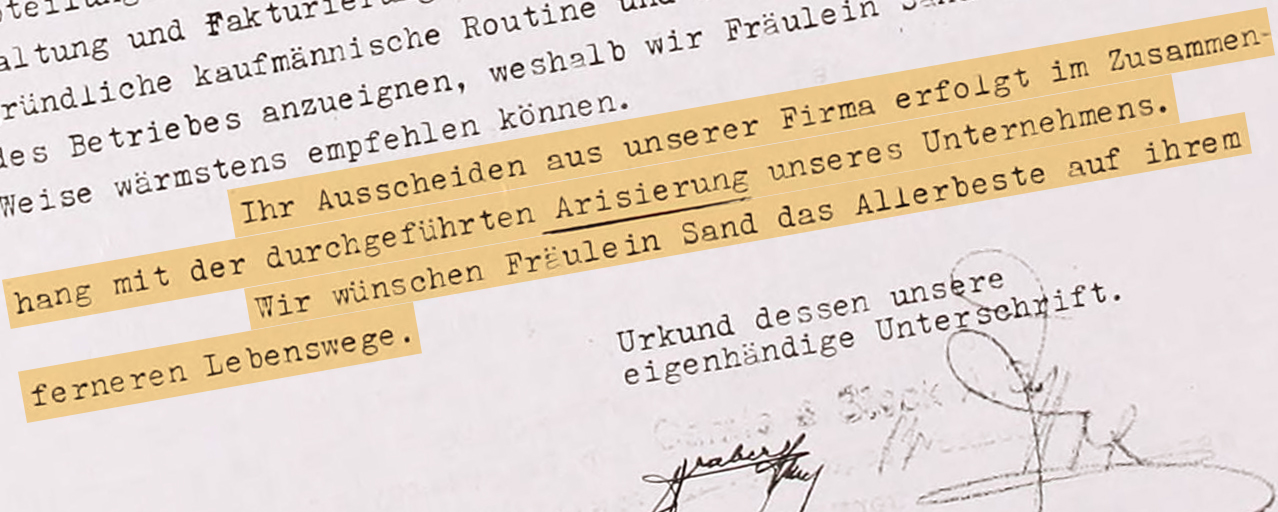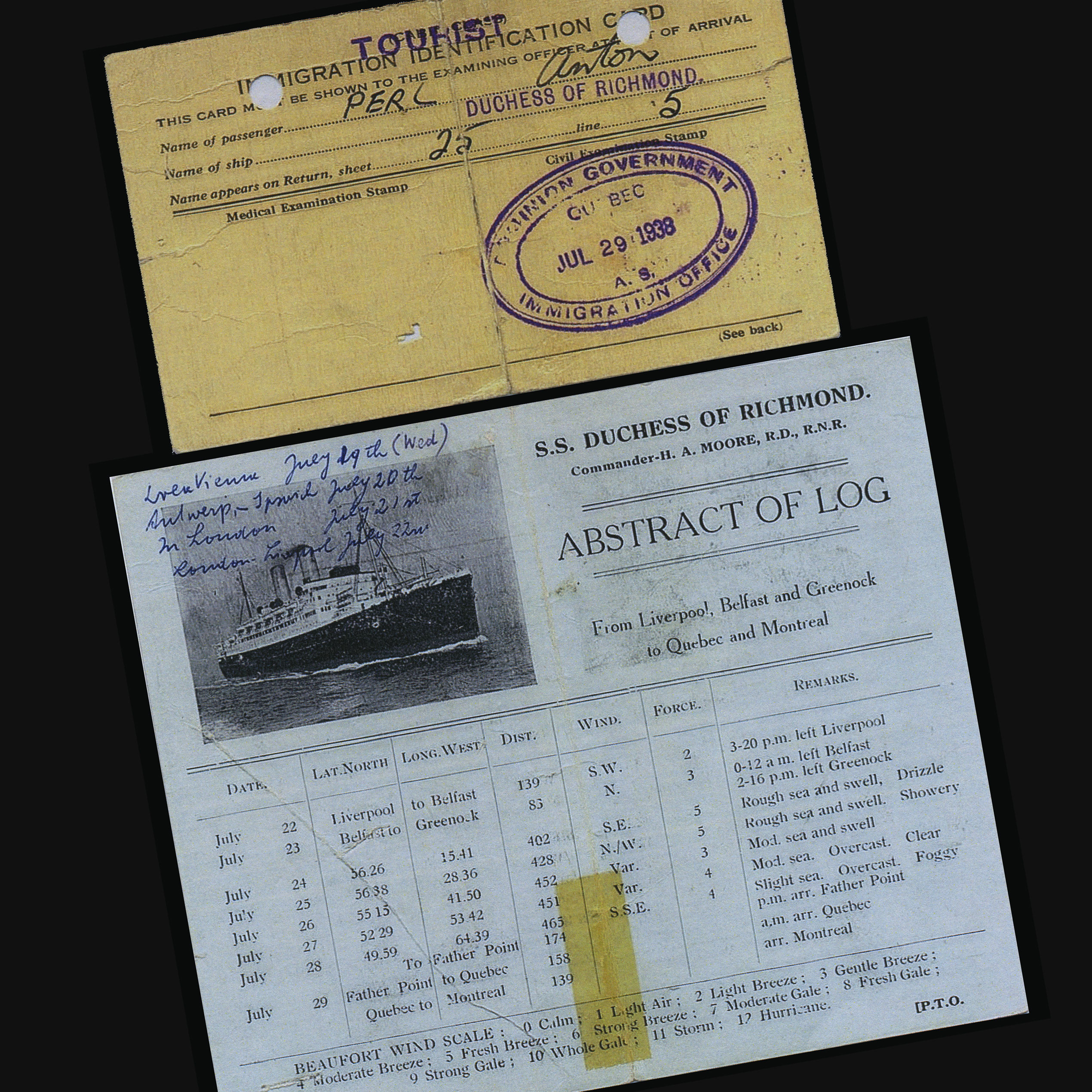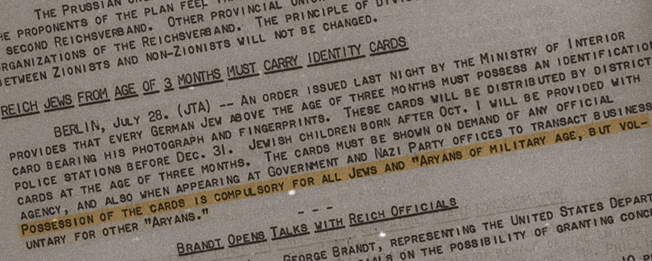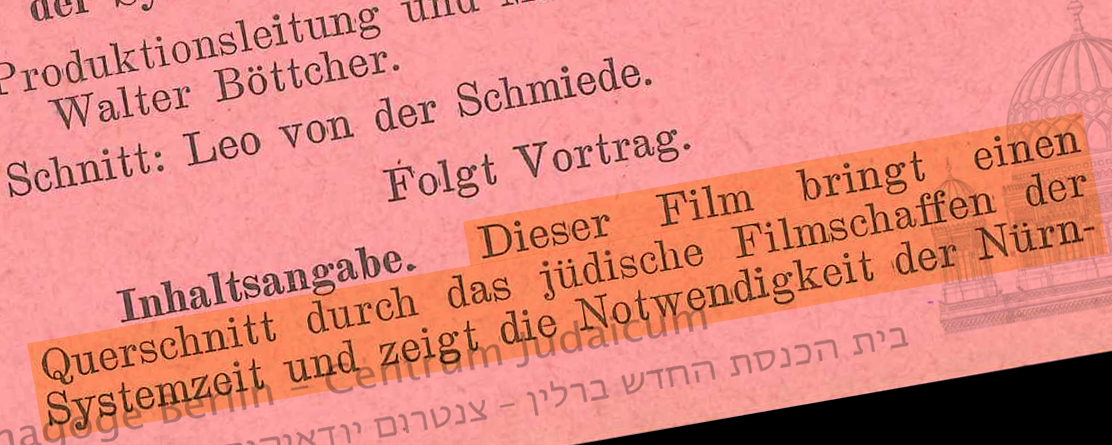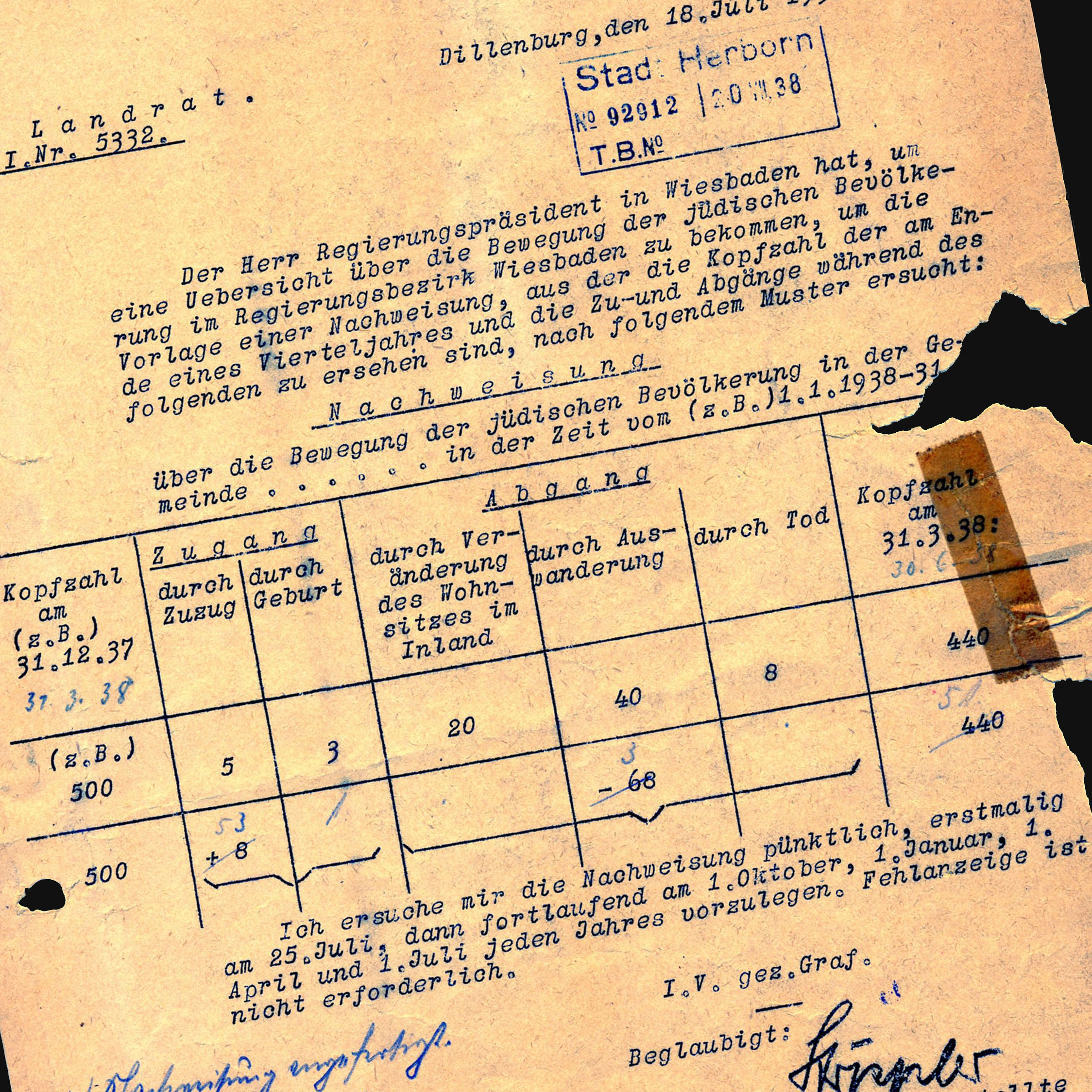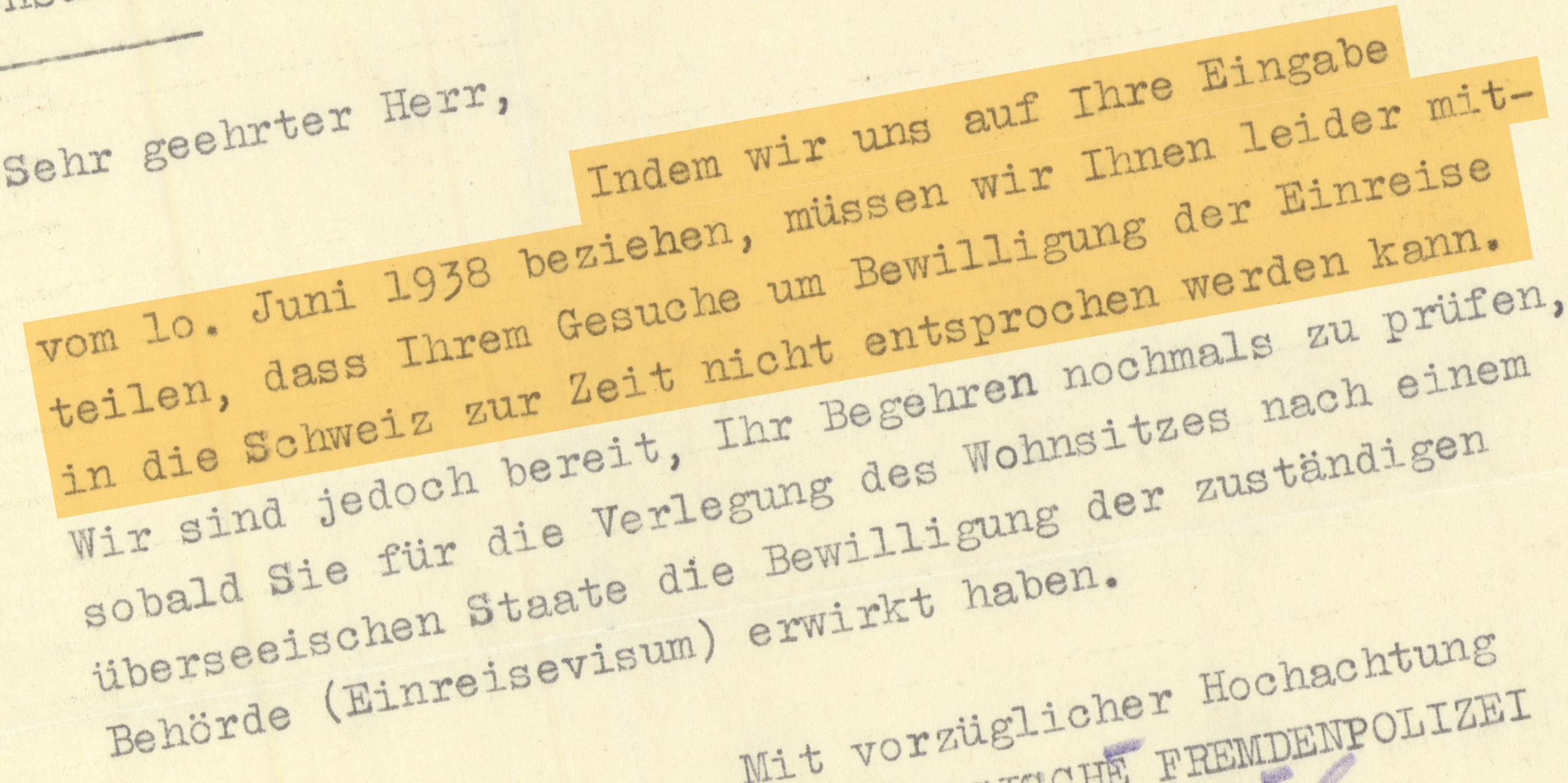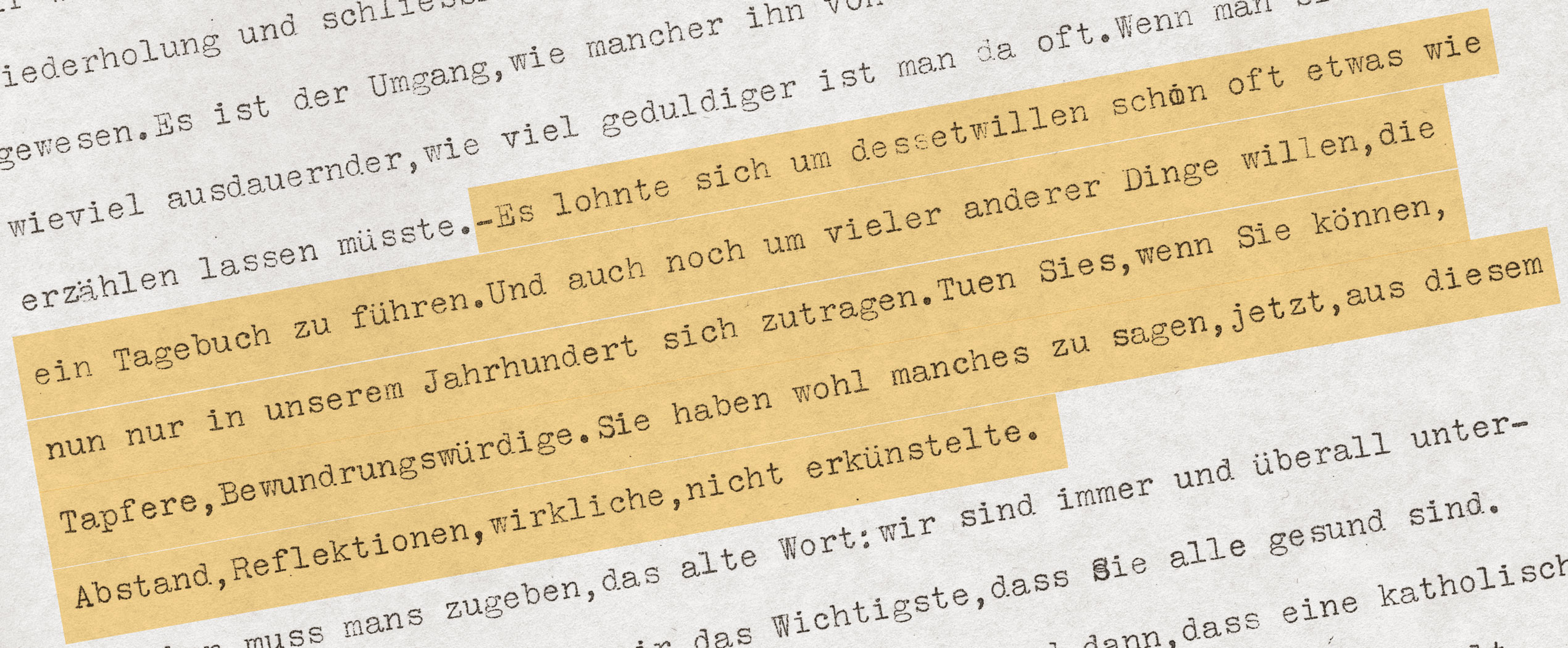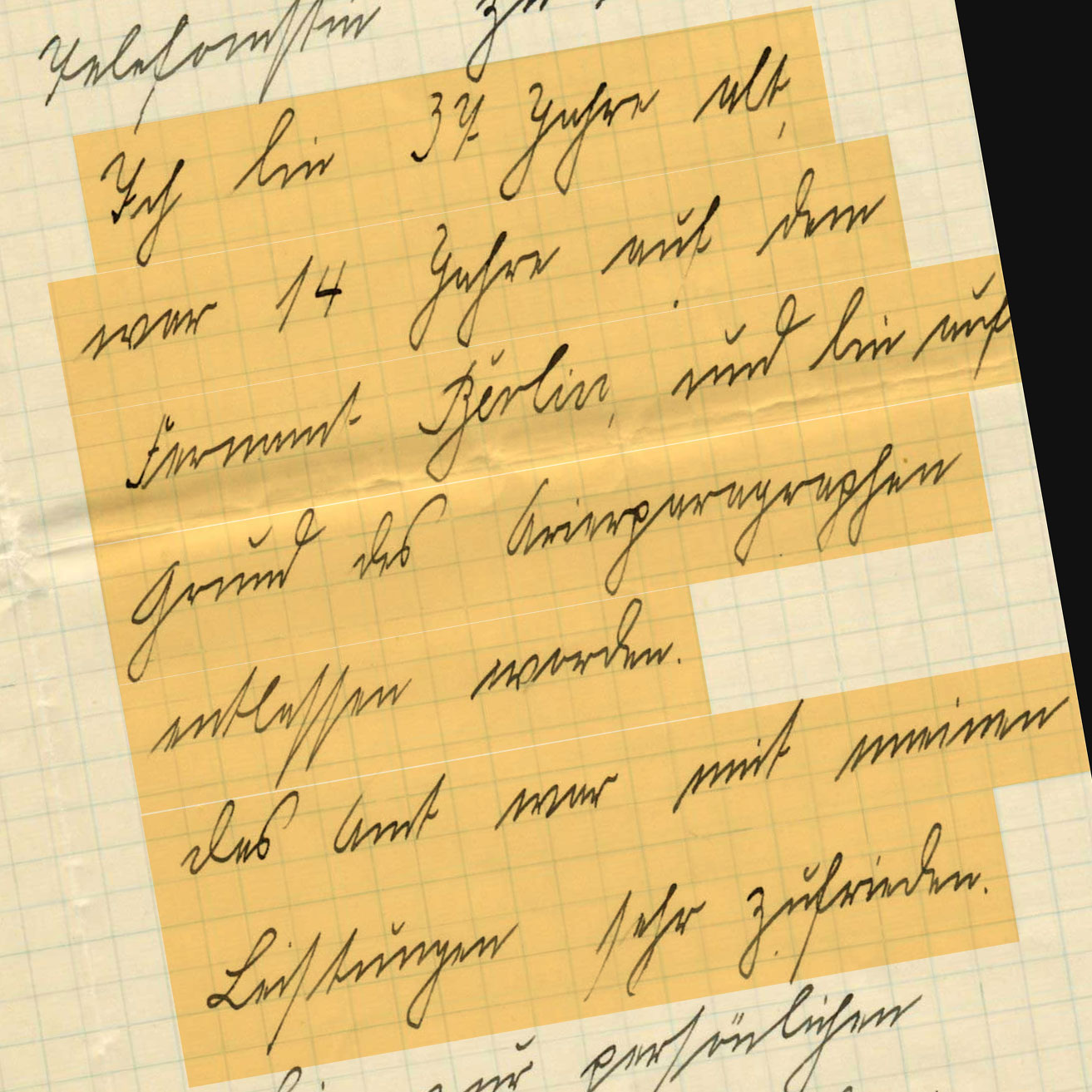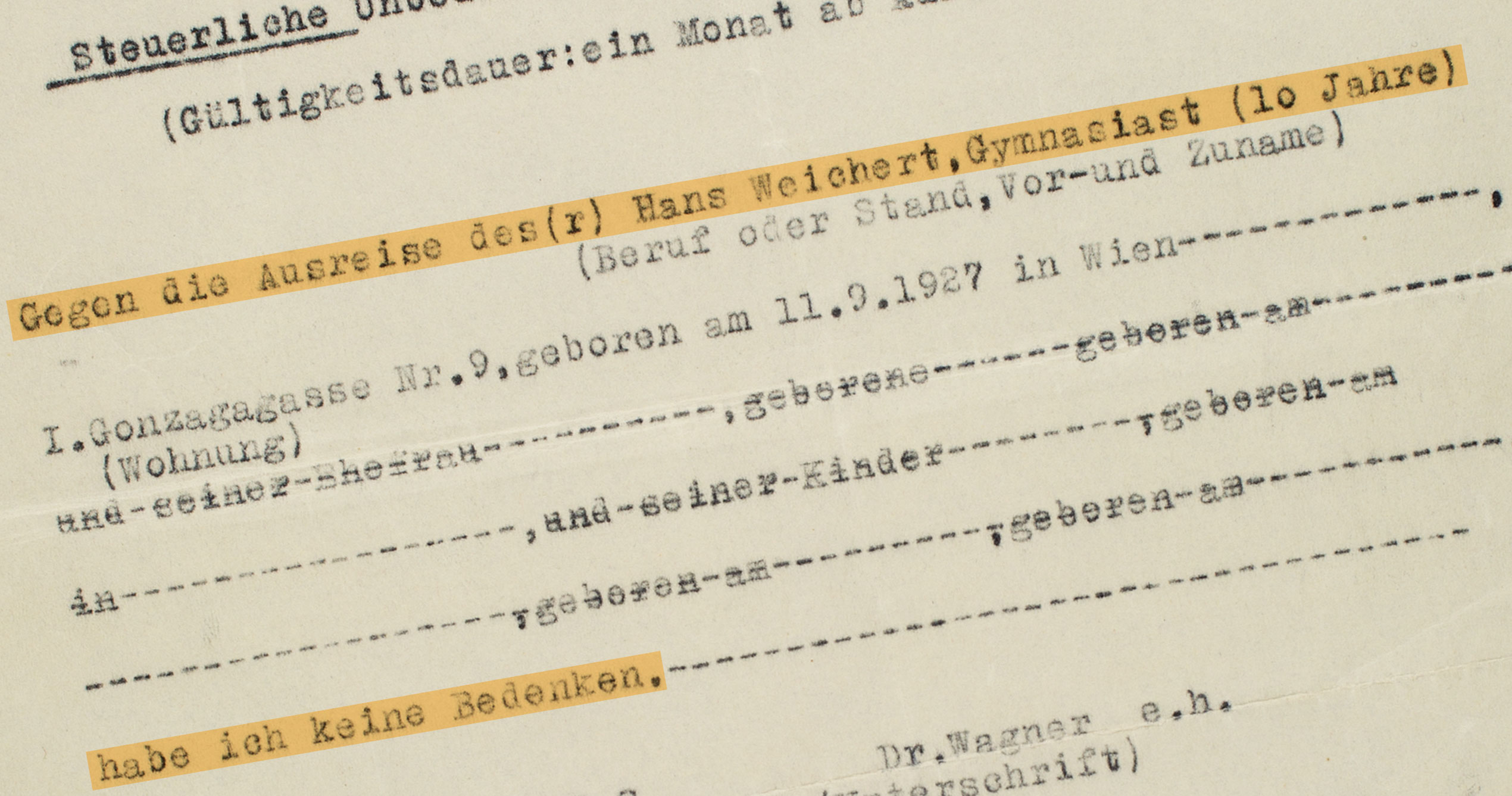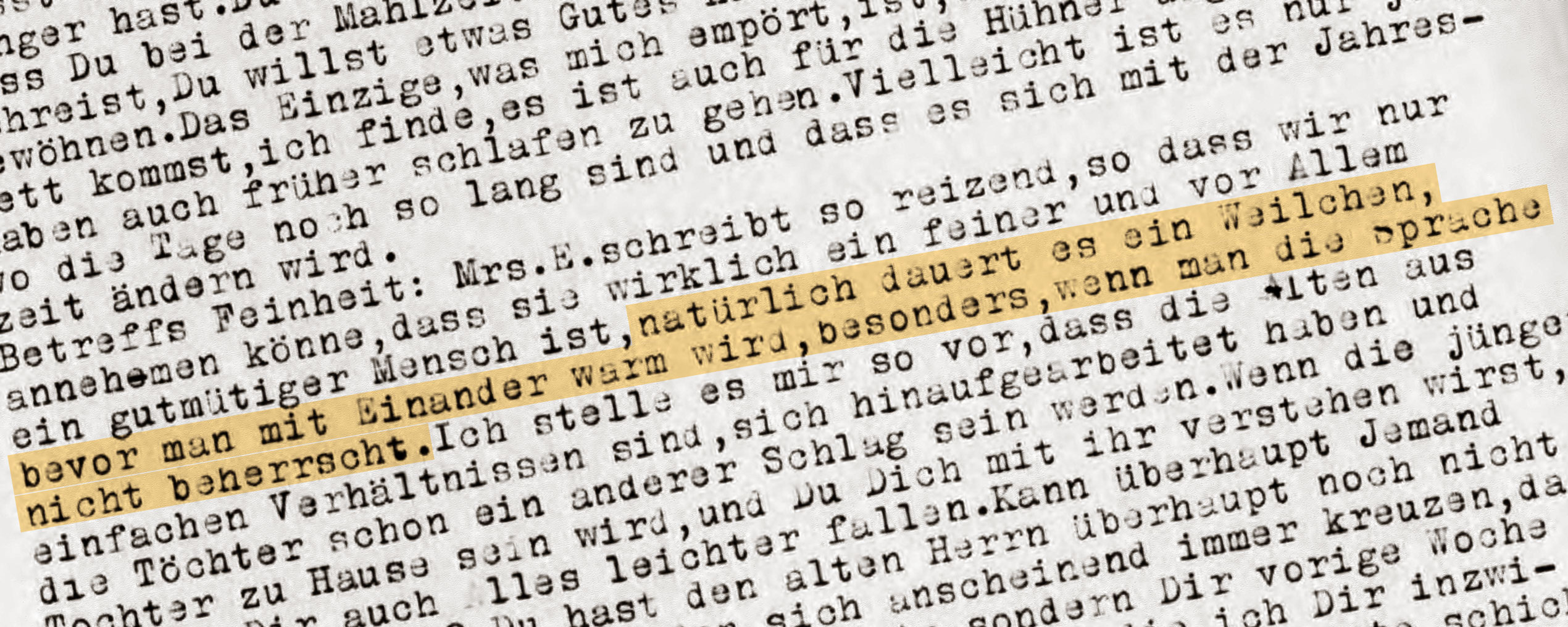Ways out disappearing
The cruelty of Swiss refugee policy
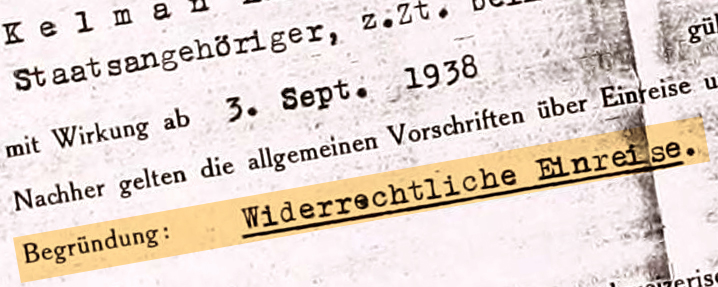
“Reason: Illegal entry”
Zurich
The reason was short and simple: “Illegal entry” appears in the police document declaring a one-year ban on entry into Switzerland and Liechtenstein for Kurt Kelman. The 19-year-old student from Vienna would face imprisonment up to six months and a heavy fine if he violated this ban. Kurt Kelman had entered Switzerland from Austria not long ago and was imprisoned by the Zurich police afterward. Soon after the annexation of Austria, Switzerland passed visa obligations on Austrians. And recently it had tightened its already restrictive immigration policy. Border control and increased rejections at the border became commonplace. This was particularly hard on Austrian Jews such as the student Kurt Kelman. Since the annexation of Austria, the Nazis had heightened the pressure on Jews to emigrate enormously.
SOURCE
Institution:
Leo Baeck Institute – New York | Berlin 
Collection:
Kurt Kelman Collection, AR 11292 
Original:
Box 1, folder 1








































